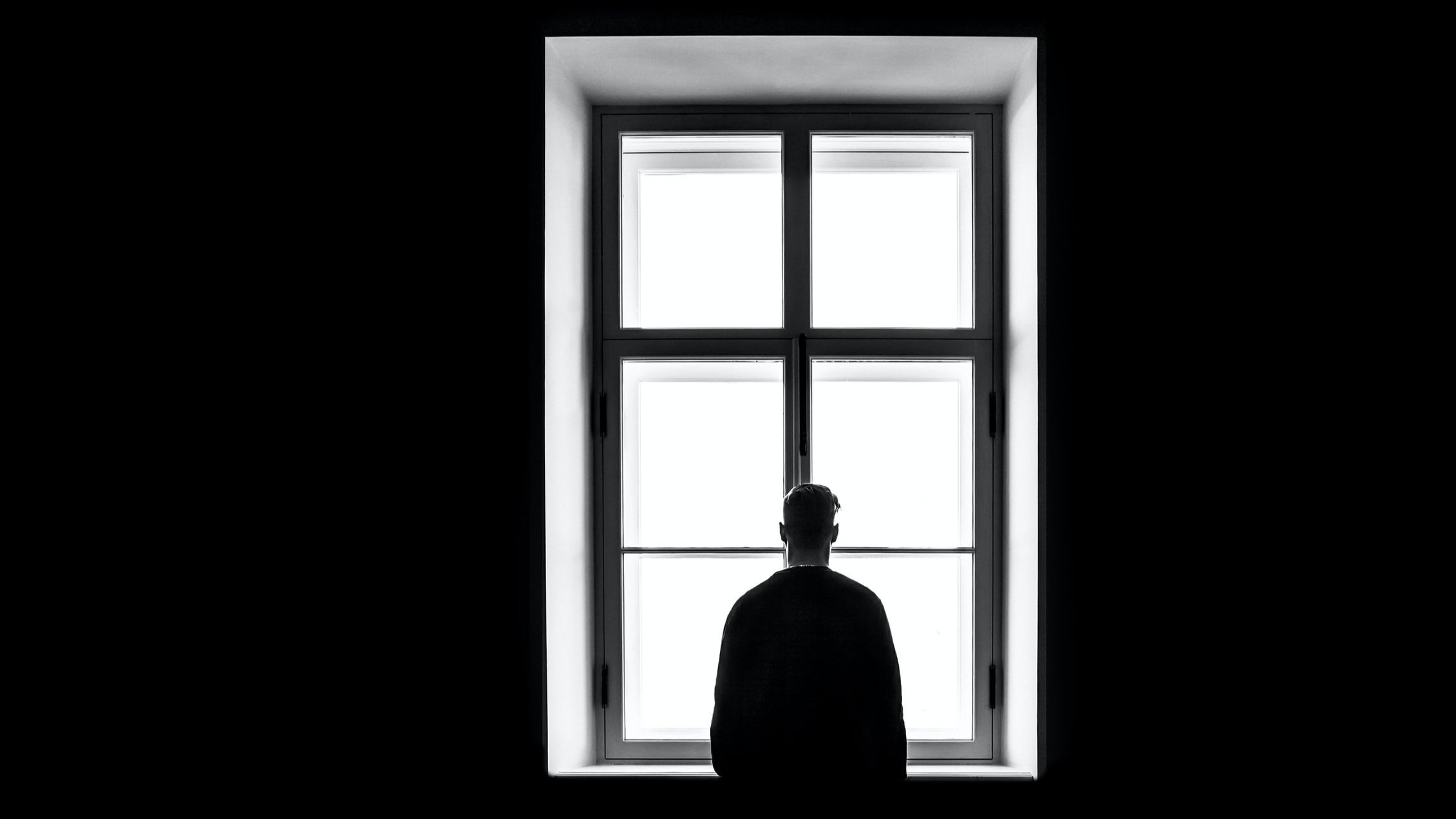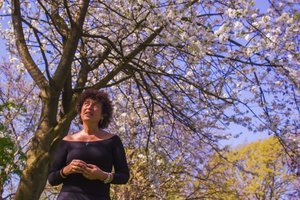
Emotional Dimension
Read all of my articles relating to
the emotional dimension.
We may laugh and be excited for a time, but due to the nature of human life, this feeling or mood cannot always dwell within us. Read more about happiness and the ‘art’ within this blog!
Relationships in the old world have always had an external focus - we try to make ourselves whole and happy by getting something from outside ourselves. Inevitably, objective or expectation results in disappointment, resentment, and frustration. We cling to relationships out of emotional insecurity or go from one to another searching for that missing piece that we have not yet found.
Just before Covid -19 pandemia impacted our life, I remember Jesus Sanfiz Nou, a well-known psychologist based in Barcelona, saying:
“Elisabetta, why don’t you build a workshop or a training programme and teach how to recognise and manage ‘narcissism’? Today it is such an important topic. You have been surrounded and challenged by several narcissists in your life: in family of origin, marriage, and in the world of work and friendships too.
Let's start with what characterizes a narcissist. The recurring characteristics in a pathological narcissist are varied: feelings of emptiness, boredom, and emotional anesthesia. Narcissists are often portrayed as charming, confident and proud, convincing and excellent communicators. Just look at some of the leaders who rule our world today! Let's not forget that one of the most common characteristics of narcissism and its communication is… manipulation.
A few years ago, my daughter gave me two books for Christmas, both covering the same topic: solitude. At that time, I still didn’t feel or see the value of solitude, in fact, I couldn’t stand it at all, even though I was thrust into it unwillingly over many years.
I perceived solitude to be a sort of curse but my daughter, who was observing from the outside in, saw it as a blessing that had arrived after my divorce.
With time and lots of practice and experience, I have learnt that life is not about what happens to us. It is about how we react to what happens and, above all, what we do with that. Do we resist or surrender? Do we ignore and deny, or do we embrace and feel grateful?
Yes, this year I contracted Covid-19, and I went through the experience completely on my own. My daughter lives in London, and my mum (aged 81), in Italy. I am currently in Barcelona - one of the worst-affected cities in Europe when it comes to this pandemic – and, at present, a city that is in a state of alarm.
To become authentic love, the early stages of romance require a fundamental condition beyond that strong sexual attraction: choice. To transform ‘erotic love’ or lust into a mature, authentic love, we’re required to choose to love from the centre of our being (be it the essence, spiritual self or soul, whatever resonates most with you). We must decide to see, sense, feel and connect with the other person through their own essence in a conscious and mindful movement. In that space, as Eric Fromm explains, we are all the same. And from this principle therefore, it doesn’t matter who we love because love should be a conscious commitment, an honest choice and a mindful action. I’d also add that authentic love begins as a desire and perseveres because of choice.
Learning to cope with fear during COVID-19 and beyond. Fear, shall we dance with it? Great question! What do you think? I personally believe that if we truly want to, we can. Like many of you, I'm sure, I struggled to adapt to this new way of living in 'lockdown' and I wanted to share some thoughts on how to cope with it. As ever your emotional well-being is crucial to your overall well-being and it is important that you do everything you can to protect it and nurture it.
“When I first chose to get help from a counsellor, I was 37. After seeing myself repeat learnt negative patterns and behaviours as a mother and wife, I chose to go beyond the shame and taboo of sharing my inner world and my history with a stranger. My intuition told me that this decision would set me on a new path of awareness and help me find freedom. Soon after, I did.”
There are several common traits unifying empathic people, one of which is the commonly associated personality trait, empathy. Empathy is defined as a sign of emotional intelligence and emotional ability to understand other people’s feelings as if they were one’s own. Empathy is the act of putting ourselves in other people’s shoes and reaching our hearts out to others.
Working as a communication skills trainer in Asia and Europe for the last 20 years, brought me into contact with many people who shared a common ‘worst fear’: public speaking. “Why public speaking?” I would enquire. The answer is always a fear of rejection. “Rejected for what?” I’d probe. The answers I’d hear were often a resounding fear of not being good enough, others’ judgement or for not delivering what the audience expects of them.
I believe we are living in a very exciting and powerful time. You may not agree with this of course, we’re different human beings with different backgrounds, experiences and different conditioning. We’re allowed to see things in different ways and no one would be bad or wrong for doing so.
Why do I think it’s an exciting and powerful time? I feel that on the deepest level of consciousness, a radical spiritual transformation is taking place in a universal scale. We’re all in some way being challenged to let go of our present way of living and create a new one in its place.
I’ve struggled with fear for a really long time. It manifests itself in different forms each day. In this blog post I want to address the fear of the unknown. And the subsequent resistance to facing the unknown that we have, paralysed by this fear. We give fear the keys to our fate so that we can feel comfortable and safe. But what if we looked it straight in the face instead? What if we kicked the door down and took control back from fear?
“One of these dimensions in particular, is one that we tend to forget or prefer not to deal with. Looking into it might lead us to recognise something about ourselves that we might have preferred not to see, so we don’t look into it. I’m talking about the emotional dimension, which refers to our feelings, empathy, moods and creativity.”
“I realised that before going out to preach to the world, through my work and social activism, I needed to be the first to take my own advice. I needed to learn how to ‘walk my talk’ by becoming a loving, responsible human being myself, from the inside and out. “
98% of the Earth’s population is not self-actualised, according to Abraham Maslow. They therefore, act out from a space of unconditional or ‘inauthentic love’ for themselves and others. I believe that, no matter how much self-empowerment work I put myself through, becoming a self-actualised or authentic human being is a never ending process.
Nowadays, we use words such as wholeness and holistic very often. You hear about holistic coaching, holistic counselling, holistic medicine… but what does holistic actually mean? And what does it mean to become whole?
How many of you can relate to this belief system that we mustn’t be happy unless it’s because we’re making someone else happy?
Happiness is being aware of our own gifts. To do so requires us to build awareness around our strengths and flaws, our light and our shadow. And once we've developed that kind of awareness, happiness is about making use of and sharing what we have discovered and built for ourselves with others so that they may learn and build happiness for themselves.
Loving and being Loved is a basic necessity in life. There are many ways to and be loved but I believe if you strip all these ways bare (be it romantic, friends, family etc), you will find that it comes down to two main kinds of love: 'Adult' love and 'Childish' love.



















